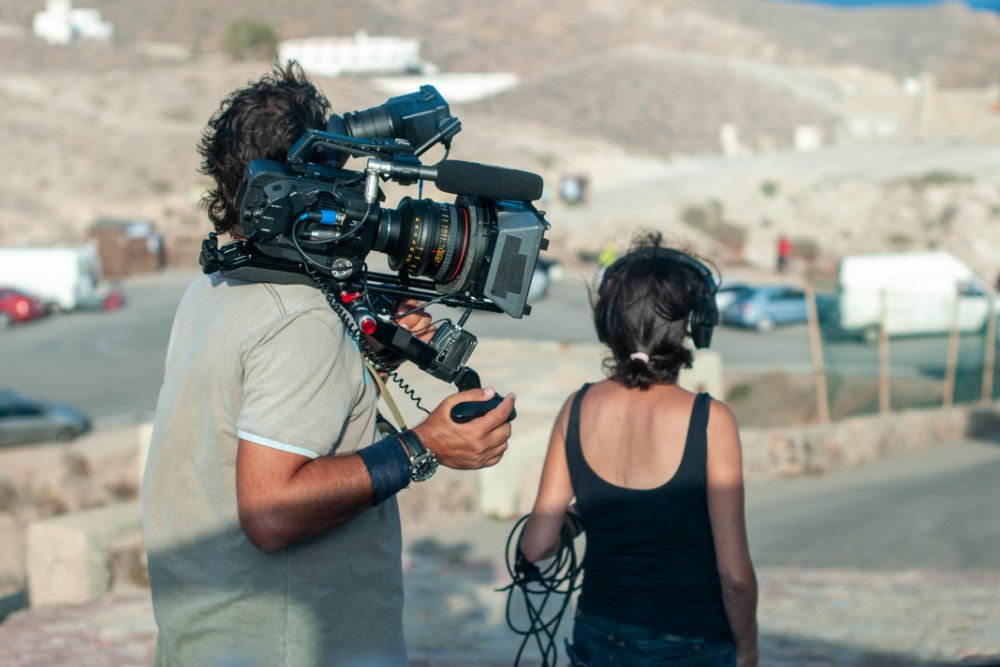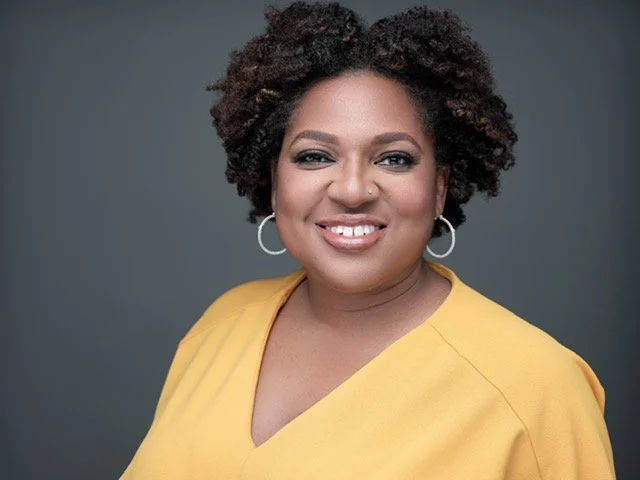Wanted: New Ideas to Fight the Spread of Misinformation
/One of the many areas where we’ve seen a flurry of philanthropic activity since the U.S. presidential election is journalism, with foundations and individual donors sending big grants to nonprofit newsrooms, investigative teams, and professional associations.
A lot of this giving has been in the spirit of giving journalists a bunch of money to do their jobs really well, or to help outlets find new roads to financial sustainability.
Related:
- It's Official: Donald Trump is the Best Thing That's Ever Happened to Nonprofit Journalism
- We Knew Trump Was Good For Nonprofit Journalism, But This Is Getting Ridiculous
But there are other problems in the current media landscape that are hard to untangle, maybe even harder than finding a successful business model for newsrooms. They involve the ways in which people distribute and consume news, and what information they consider to be reliable or, to use a now meaningless descriptor, fake.
That’s at the core of a program being run by the Knight Foundation through its Prototype Fund, a giving platform designed for developing and testing new ideas. Other backers are the Democracy Fund and the Rita Allen Foundation. Up to $1 million will be distributed for ideas to improve the flow of accurate information.
Those names should be familiar in this context, as Knight is one of the most prominent institutional funders of media projects. The Democracy Fund is a project of none other than Pierre Omidyar, one of the most outspoken donors currently opposing Trump, and a huge backer of journalism, especially lately, as we've reported. Finally, the Rita Allen Foundation has a program devoted to civic engagement, of which journalism is one focus.
What’s notable about this program is that it looks beyond boosting investigative and news gathering efforts, and more toward distribution methods—how information flows. In fact, one thing it will not fund is “content-only projects.”
Beyond that, in true Knight Foundation style, it’s pretty open in terms of what could be funded. The Prototype Fund is designed to give relatively small grants (about $50,000) to try out new ideas, and the cattle call is open to journalists, designers, researchers, teachers, techies and pretty much whoever else, nonprofit or for-profit.
The RFP also makes it clear that there's no specific problem it’s looking to solve. That sounds like a dig, but it isn’t. After all, why would someone come to believe the New York Times is fake, but something like Pizzagate is real? The answer could be a toxic mix of social media habits, proprietary algorithms, cultural divides, the mainstreaming of extreme right-wing views, and probably some natural psychological tendencies. So the funders are essentially asking, "Whaddya got"?
“We understand issues of trust and misinformation are nuanced and complicated, and we are looking for ideas and collaborations that can help bring new voices and vision to these debates,” the call for proposals stated. Some of the topics the trio floated as possible targets are:
- Algorithms in news consumption. Facebook has come under fire for its role in spreading fake news, at first dismissing the idea, but now taking some steps to counter it.
- Methods for separating fact from fiction, relevant to the spread of fake news.
- Building bridges across ideological divides.
When winners are announced in June, they could be taking on flawed technology, hyper-partisanship, lack of trust in the press, or something else entirely. One thing, however, that’s not mentioned in the RFP, at least not explicitly, is President Trump himself, despite the fact that the Trump administration regularly threatens and undermines the free press and the public’s trust in it. (Remember when he called the mainstream media the enemy of the American people? That can't be great for trust in journalism.) Meanwhile, he has a history of repeating statements that are demonstrably false, while also co-opting the phrase "fake news" to dismiss reporting critical of his administration. Combating misinformation is that much more difficult when it's spread by a person with the most powerful bullhorn in the world.
There are many factors behind the troubled media landscape in which we’re living, and Trump's rise is both a cause and a symptom of these problems. Hopefully, the solutions that come out of this initiative won't be shy about tackling that reality.







































